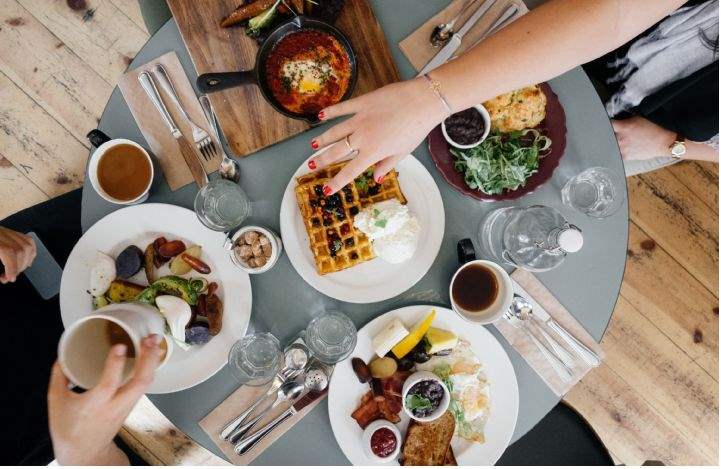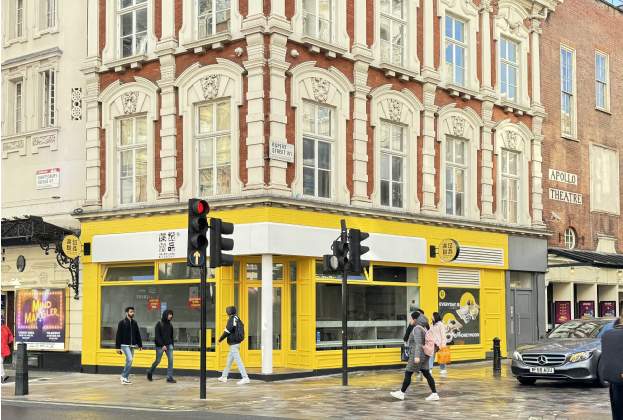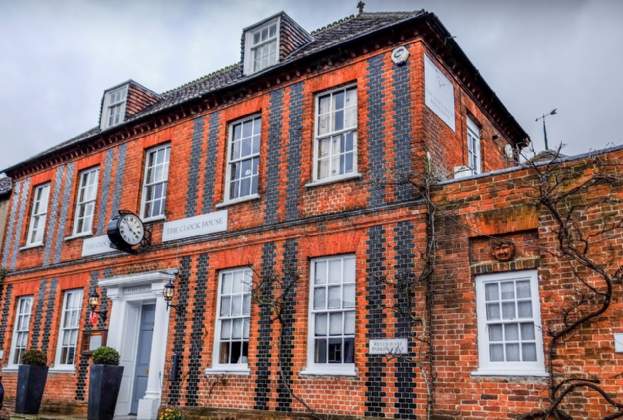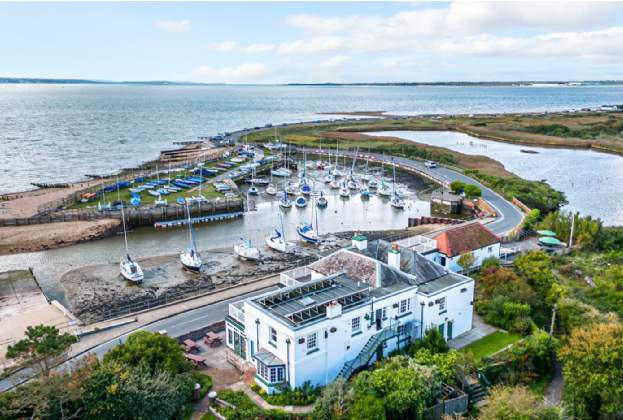Despite recent headlines about Company Voluntary Arrangements (CVAs) and other challenges facing the casual dining sector, it’s not all bad news for the restaurant market.
The wave of local, independent food and beverage (F&B) operators emerging in recent years, particularly in major regional cities such as Edinburgh, Manchester, Leeds and Bristol, have enjoyed great success and many are expanding into new markets.
Driven by creative entrepreneurs and staff, these brands offer the service, passion and sense of trying ‘something new’ that consumers crave, combined with the feel good factor of supporting a local business.
Liverpool’s Mowgli, Bakchich, Lunya, Archie’s and Moose Coffee enjoyed success in their home city before expanding into Manchester and, in some cases, further afield. Other examples are plentiful: Manchester’s Bundobust moved into Leeds and is opening in Liverpool; Bradford-based My Thai now has eight locations between Manchester and York; The Cat’s Pyjamas has opened in Leeds, York and Wakefield.
This trend is by no means isolated to the North. In the South West small up-and-coming chains have focussed on building their name locally before expanding elsewhere, while independently owned Boston Tea Party has 22 cafés in the region and is planning a wider rollout.
Souk Kitchen, The Burger Joint, Pizzarova, Happy Bird and Pasta Loco all have expansion plans after becoming popular in Bristol, a city which has long shown demand for independent brands and had a thriving restaurant market. Another prime example is Bristol’s Season + Taste, which has developed four separate F&B concepts in the form of a café, tapas restaurant, taco bar and street food events space.
The common thread is that all of these independent concepts offer diners the sense of a unique and personal experience. Some bigger brands have recognised consumer appetite for this and are tapping into the ethos despite having much larger footprints.
With more than 100 sites, Bristol-based Loungers has well surpassed the small brand mark, but maintained a sense of being independent with individual branding and fit-outs to suit each new market. Both The Alchemist and The Botanist have successfully built small clusters in the North West and are on their way to a national roll out.
There’s no doubt that independent and ‘foodie’ businesses are disrupting the traditional dining market and will likely set the tone for the sector over the next decade. Whether in the form of street food vendors taking restaurant space or independent restaurants transitioning into small chains and then becoming larger, well-known brands, the market will see considerable growth and evolution.
Some will almost certainly be taken on by private equity firms and grown into a national portfolio. Although London will remain the UK’s most significant F&B market, much of this future growth will take place in the regions.
Landlords who have traditionally preferred more established brands for their covenant strength and willingness to pay higher rents would be wise not to underestimate the potential of these emerging independent operators.
Further information



.jpg)






